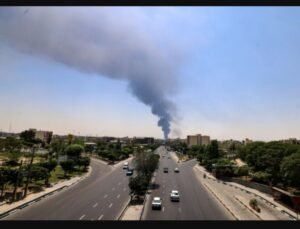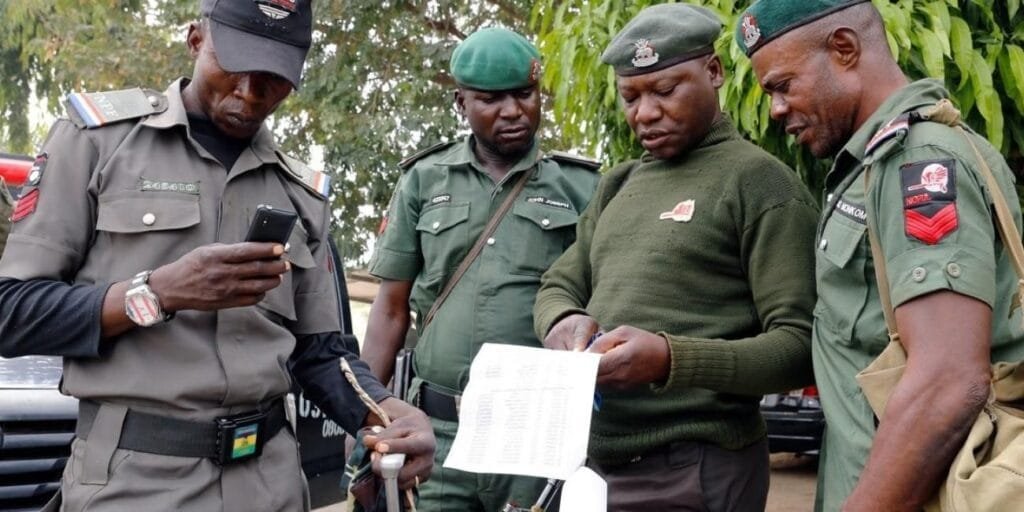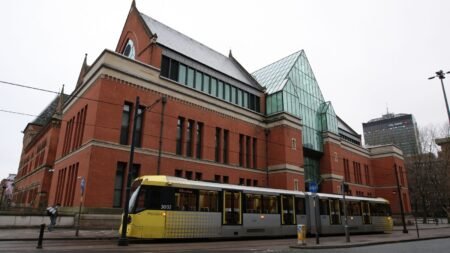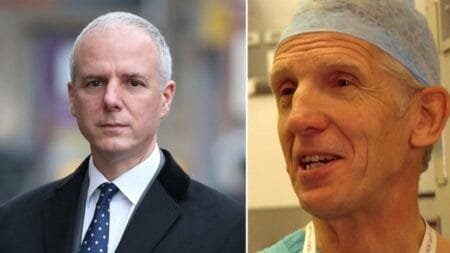LGBTQ is a controversial issue in many countries, especially in Nigeria, where it is not only prohibited by law but also punishable by imprisonment and even death.
The Nigerian government and police have recently intensified their crackdown on LGBTI people, arresting dozens of them on suspicion of engaging in LGBTQ relationships or activities.
This essay will examine the legal, social, and human rights implications of this situation and argue that LGBTQ should be legalised and protected in Nigeria.
In Nigeria, the LGTBQ (Prohibition) Act of 2014 prohibits LGTBQ, relationships, public displays of affection, and advocacy for the rights of LGBTI people. This act was signed into law by President Goodluck Jonathan and carries a penalty of up to 10 years in prison.
However, this act violates Nigeria’s obligations under international human rights law, such as the African Charter on Human and Peoples’ Rights and the International Covenant on Civil and Political Rights. These international laws guarantee rights to equality, non-discrimination, privacy, expression, association, and dignity.
The social impact of the prohibition of LGBTQ in Nigeria is devastating for the LGBTI community, who face constant harassment, violence, stigma, and discrimination from the state and society.
According to Amnesty International, LGBTI people in Nigeria are subjected to arbitrary arrests, torture, extortion, blackmail, and mob attacks, often with the complicity or indifference of the police2. Many LGBTI people are forced to hide their identity, live in fear, or flee the country to seek asylum elsewhere. The prohibition of LGBTQ also reinforces the widespread homophobia and ignorance that fuel the hatred and prejudice against LGBTQ people in Nigeria.
The human rights argument for the legalisation and protection of same-sex marriage in Nigeria is based on the principle of universality and indivisibility of human rights. This principle states that all human beings are entitled to the same rights and freedoms, regardless of their LGBTQ orientation or gender identity. LGBTQ is a matter of personal choice and expression and should not be denied or criminalised by the state.
Legalising and protecting LGBTQ in Nigeria would not only respect the dignity and autonomy of LGBTI people but also promote tolerance, diversity, and inclusion in Nigerian society.
In conclusion, same-sex marriage remains illegal in Nigeria, and the police have warned and vowed to arrest anyone who engages in or supports it.
This situation is unjust, oppressive, and harmful for the LGBTI community and the Nigerian society as a whole. LGBTQ should be legalised and protected in Nigeria, as it is a human right and a social good.
Nigeria should repeal the LGBTQ (Prohibition) Act and adopt laws and policies that protect the rights and freedoms of LGBTI people by its international obligations and
What is the public opinion on LGBTQ in Nigeria?
How does this law affect LGBTI people’s access to healthcare and education?
Are there any organisations that support LGBTI rights in Nigeria?














